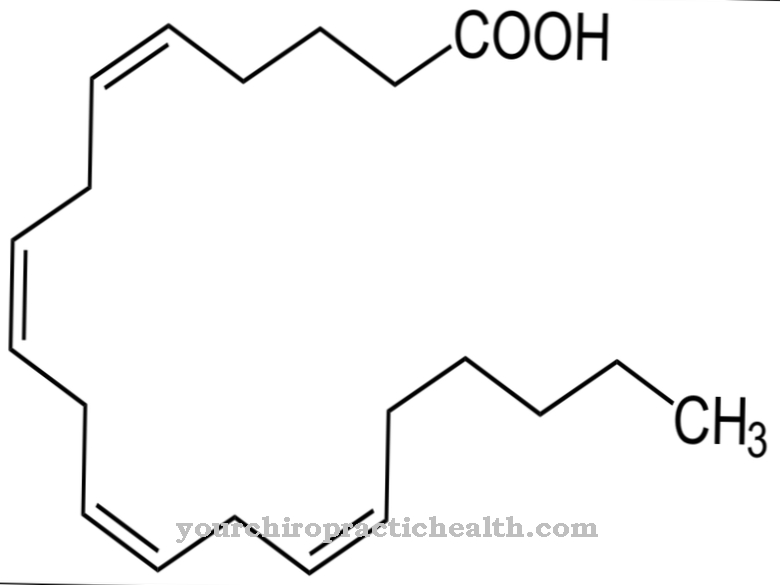Mucolytics belong to the expectorants (cough solvers) and reduce the viscosity of the mucus, so that the expulsion of the bronchial secretion is facilitated. The mucolytics are not a uniform class of active ingredients. They include herbal and pharmaceutical drugs.
What are mucolytics?

The main feature of the Mucolytics is its expectorant effect by reducing the viscosity of the secretion. Because of this characteristic, they are to be distinguished from the other expectorants.
In addition to the mucolytics, the expectorants also include the secretolytics and the secretomotor drugs. While the secretolytics increasingly promote the formation of thin-flowing secretions, the secretomotor agents are responsible for the increased removal of the mucus through the increased movement of the cilia.
The mucolytics start in a completely different place. They change the consistency of the secretion through chemical, biological or physical processes.
Medical application & effects
To the Mucolytics include such different biochemical active ingredients as acetylcysteine, carbocysteine, mesna, carbocysteine, bromhexine, fennel and anise oil or myrtol.
The liquefaction of the secretion does not take place via a uniform mechanism of action, but each active ingredient intervenes here via its own mechanism. Acetylcysteine chemically changes the secretion by breaking down sulfide bridges between the mucopolysaccharide fibers. An alternative mechanism discussed here is that the direct antioxidant effect of acetylcysteine inhibits the inflammatory processes, causing the secretion to liquefy.
Carbocysteine, on the other hand, intervenes intracellularly, whereby the ratio of liquid to viscous mucus shifts in favor of the liquid secretion when the secretion is generated. The drug guaifenesin is supposed to cause the parasympathetic stimulation of the bronchial glands by reflex irritation of the gastric mucosa, so that a thin fluid secretion is created. Mesna changes the consistency of the secretion via the same mechanism as acetylcysteine.
Today, however, it is mainly used as a drug for detoxification during chemotherapy, but less as a mucolytic. Bromhexine favors a different mechanism of action. It stimulates the formation of enzymes that break down the secretion by liquefying it. The herbal active ingredients fennel and aniseed oil develop their expectorant effect through the influence of essential oils.
Myrtol is a mixed oil made from different essential oils, which has a very good expectorant effect in acute bronchitis. However, the mechanism of action of the mucus solution via the essential oils is not yet fully understood.
Herbal, natural, homeopathic & pharmaceutical mucolytics
In the following, some frequently used drugs will be examined more closely with regard to their effects. Acetylcysteine as an important one Mucolytic is often used to dissolve mucus in chronic bronchitis or COPD.
The positive effect especially in COPD has been proven by years of research. The extent to which acetylcysteine leads to a permanent improvement in the state of health in chronic bronchitis has yet to be proven by further studies. However, the use of acetylcysteine in cystic fibrosis has good results. As a further active ingredient, bromhexine is also regularly used as a mucolytic. Bromhexine is used for both acute and chronic respiratory diseases such as bronchitis, asthma, colds, COPD, emphysema or cystic fibrosis to dissolve mucus.
It is given in the form of tablets, drops, or juice. Essential oils are also used in respiratory diseases to reduce inflammation and to dissolve mucus. The mixed oil Myrtol deserves special mention here. Myrtol is enclosed in capsules and is given in this form. In addition to its use in bronchitis, it is also used as a mucolytic in sinusitis. In addition to these frequently used active ingredients, there are a number of other mucolytic agents.
Risks & side effects
Due to the multitude of different Mucolytics' There are also different side effects and risks associated with its use. Acetylcysteine, for example, must not be used if you are hypersensitive to histamine.
Headache, itchy skin and runny nose may occur. It is also contraindicated to treat asthma and gastric ulcers. In addition, acetylcysteine should not be given to children under 2 years of age. Bromhexine is contraindicated in case of hypersensitivity.
It should only be given under medical supervision for gastric and duodenal ulcers as it can irritate the stomach and intestines. It should also only be used under medical supervision in the case of renal and hepatic insufficiency. Essential oils such as Myrtol must not be used in case of hypersensitivity, stomach and intestinal problems and biliary diseases.


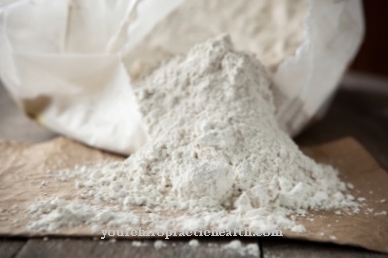


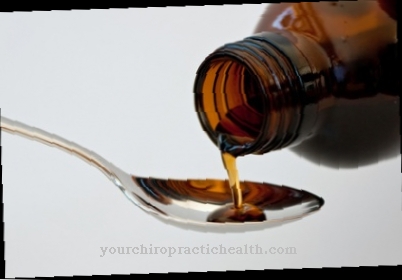



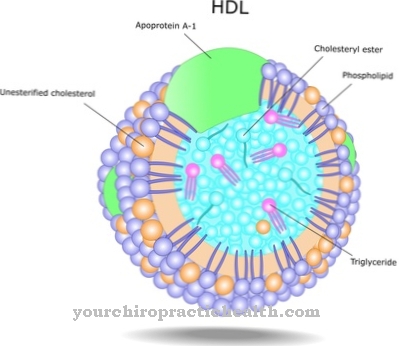

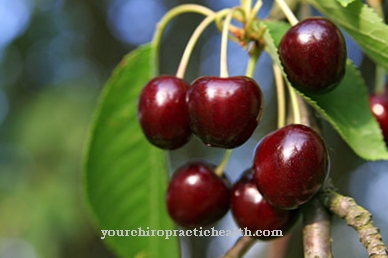



.jpg)
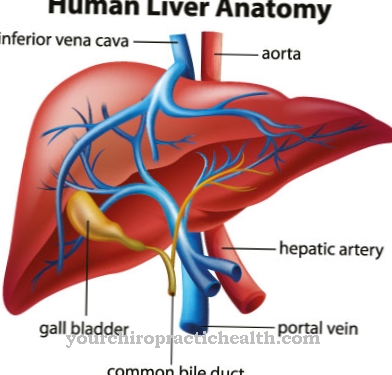






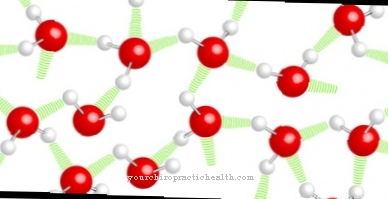
.jpg)
